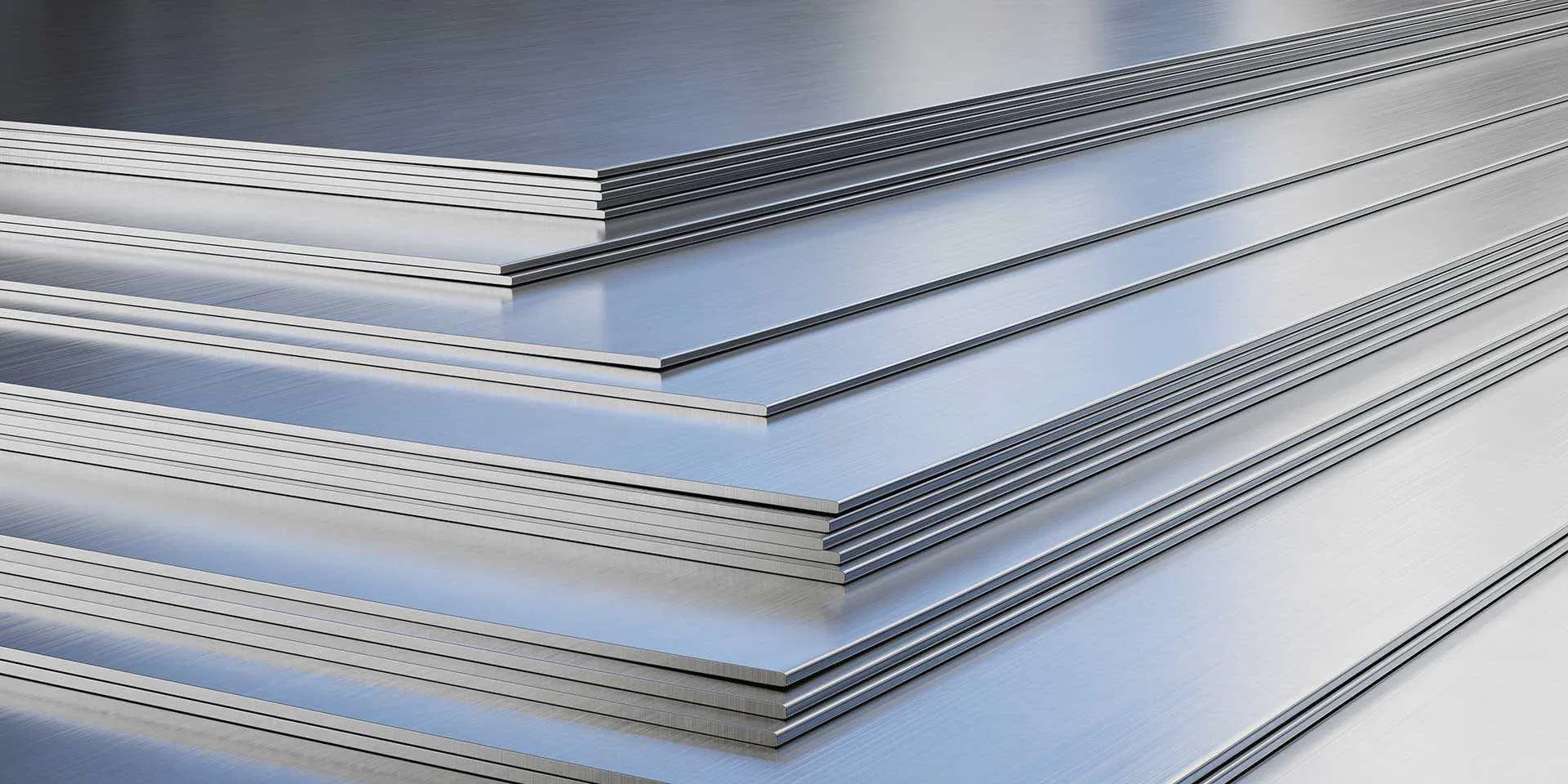
TITANIUM BT20, also known as GOST BT20, DIN 3.7164, and AMS 4976, is a high-strength titanium alloy designed for demanding applications. It offers excellent mechanical properties and resistance to high temperatures and corrosion.
This alloy is used extensively in aerospace and industrial applications where strength, durability, and resistance to extreme conditions are critical.
Titanium BT20 Sheet | Plate
Titanium BT20 sheets and plates are available in various thicknesses and dimensions, suitable for high-strength applications such as aerospace and industrial components.
Titanium BT20 Round Bar | Rod
Round bars and rods in Titanium BT20 are available in different diameters and lengths, ideal for machining into precise components that require high strength and temperature resistance.
Titanium BT20 Strip | Coil
Offered in strips and coils, Titanium BT20 is used for flexible, high-strength applications. These forms are often employed in aerospace and high-performance engineering applications.
Titanium BT20 Applications
- Titanium BT20 is used in aerospace components such as turbine blades, engine parts, and structural elements due to its excellent mechanical properties.
Titanium BT20 Properties
- Tensile Strength: High tensile strength, typically around 1,000 MPa, making it suitable for demanding structural applications.
- Density: Approximately 4.43 g/cm³, offering a favorable strength-to-weight ratio for aerospace and high-performance use.
- Thermal Conductivity: Low thermal conductivity, which contributes to its performance in high-temperature environments.
- Corrosion Resistance: Excellent resistance to corrosion in aggressive environments, including seawater and acidic conditions.
Machining Titanium BT20
- Cutting: Use carbide tools or high-speed steel for cutting Titanium BT20. Precision cutting techniques such as water jet or laser cutting are recommended for detailed work.
- Drilling: Employ carbide or cobalt drills for drilling. Proper cooling and lubrication are essential to maintain tool life and ensure accurate holes.
- Turning: Carbide inserts are preferred for turning Titanium BT20. Consistent cutting speeds and effective cooling are crucial for achieving optimal results.
- Milling: Milling should use carbide end mills with sufficient cooling to manage heat and maintain precision.
- Grinding: For grinding, use diamond or CBN wheels to achieve precise tolerances and a high-quality surface finish. Adequate cooling is necessary to prevent overheating and maintain dimensional accuracy.
Chemical Composition
- Aluminum (Al): Min 5.5%, Max 6.5%
- Molybdenum (Mo): Min 0.8%, Max 2.0%
- Vanadium (V): Min 0.5%, Max 2.0%
- Zirconium (Zr): Max 0.3%
- Iron (Fe): Max 0.3%
- Silicon (Si): Max 0.15%
- Carbon (C): Max 0.1%
- Nitrogen (N): Max 0.05%
- Oxygen (O): Max 0.2%
- Titanium (Ti): Balance
| Material | Form | Size Inches | SKU Number |
|---|---|---|---|
| Titanium BT20 | Sheet | Thickness: 0.020" to 0.500"; custom widths and lengths | TITANIUMBT20-SHEET-0.125-12x12 |
| Titanium BT20 | Plate | Thickness: 0.500" and up; custom sizes | TITANIUMBT20-PLATE-0.750-24x24 |
| Titanium BT20 | Bar/Rod | Diameter: 0.250" to several inches; length up to 36" or more | TITANIUMBT20-BAR-1-36 |
| Titanium BT20 | Tube/Pipe | Diameter: 0.5" to several inches; custom wall thickness | TITANIUMBT20-TUBE-1-0.125 |
| Titanium BT20 | Wire | Diameter: 0.010" to 0.250"; often supplied in coils | TITANIUMBT20-WIRE-0.050-100 |
| Titanium BT20 | Custom Fabrications | Custom dimensions and shapes as required | TITANIUMBT20-CUSTOM-FAB-001 |
